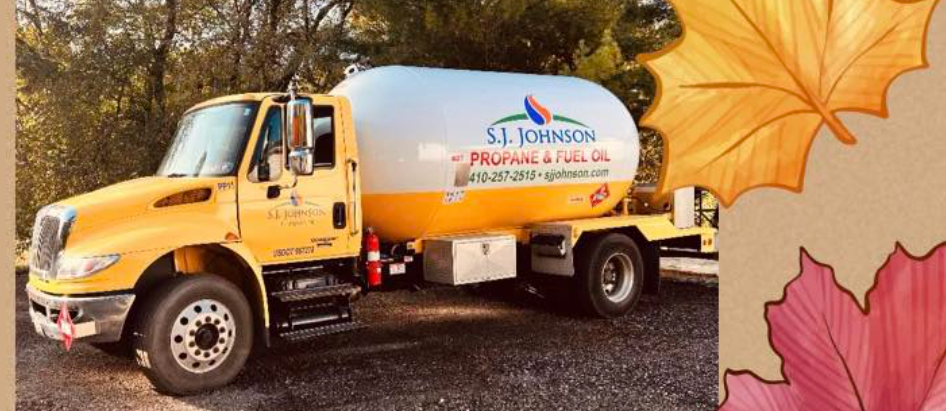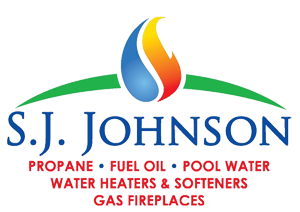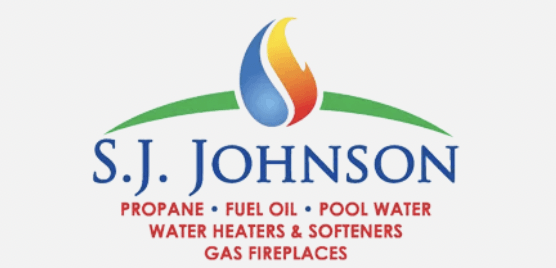Understanding Propane Storage and Delivery: A Comprehensive Guide
Brought to you by the specialist at SJ Johnson in Southern MD

Propane is a versatile and widely used fuel source for various applications, including heating, cooking, and powering appliances. To ensure safe and efficient use, it is essential to understand how propane is stored and delivered. In this article, we will explore the process of propane storage and delivery, along with important safety considerations and benefits.
Propane Basics: Propane, also known as liquefied petroleum gas (LPG), is a colorless and odorless gas that is compressed and stored as a liquid. It is derived from natural gas processing or crude oil refinement. Propane is highly portable and commonly used for residential, commercial, and industrial purposes due to its clean-burning properties and versatility .
Propane Storage: Propane is stored in specially designed tanks or cylinders that are built to withstand the pressure of the liquefied gas. These tanks are typically made of steel or aluminum and come in various sizes, ranging from small portable cylinders to large above-ground or underground storage tanks. The storage capacity of a propane tank depends on its size and intended use.
Outdoor Storage: Propane tanks should be stored outdoors in a well-ventilated area. This ensures proper ventilation in case of any gas leaks or releases. Storing tanks indoors, in enclosed spaces, or near ignition sources is highly dangerous and should be avoided.
Upright Position: Propane tanks should always be stored in an upright position to prevent any potential leaks or accidents. Storing tanks on their sides or upside down can lead to gas leaks and compromise safety.
Temperature Considerations: Propane tanks should be stored in areas where temperatures do not exceed 120°F (49°C). High temperatures can increase the pressure inside the tank and pose safety risks. In colder months, it is important to keep the tank above 40°F (4°C) to ensure proper vaporization and prevent freezing .
Propane Delivery: Propane is delivered to consumers through various methods, depending on their usage and location. Here are two common methods of propane delivery:
Cylinder Exchange: For smaller propane needs, such as grilling or camping, propane cylinders can be exchanged at retail locations or delivered to your doorstep. Empty cylinders are exchanged for full ones, ensuring a continuous supply of propane.
Bulk Delivery: Residential, commercial, and industrial users with larger propane demands often opt for bulk delivery. Propane is delivered by specialized trucks equipped with storage tanks. These trucks transport the propane to the customer's storage tank, where it is safely transferred and stored for use.
Safety Considerations: Propane storage and delivery require strict adherence to safety guidelines to prevent accidents and ensure the well-being of individuals and property. Here are some important safety considerations:
Ventilation: Proper ventilation is crucial when storing propane tanks to prevent the accumulation of gas in enclosed spaces. Adequate airflow helps disperse any potential leaks or releases.
Leak Detection: Propane has an odorant added to it, giving it a distinct smell similar to rotten eggs. This odorant helps detect leaks, as propane itself is odorless. If you detect a strong propane odor, it is important to evacuate the area and contact a professional immediately.
Regular Inspections: Propane tanks should be inspected regularly for signs of damage, corrosion, or leaks. Any issues should be addressed promptly by a qualified propane professional.
Professional Installation: When installing propane storage tanks or connecting appliances, it is recommended to seek the assistance of a licensed propane professional to ensure proper installation and compliance with safety regulations.
Benefits of Propane: Propane offers several advantages as a fuel source:
Versatility: Propane can be used for various applications, including heating, cooking, water heating, and powering appliances such as dryers, fireplaces, and generators.
Energy Efficiency: Propane is a highly efficient fuel, providing consistent heat and energy output while reducing energy costs.
Environmental Friendliness: Propane is a clean-burning fuel that produces fewer greenhouse gas emissions compared to other fossil fuels.
Reliability: Propane is readily available and can be stored for long periods without degradation, ensuring a reliable fuel source.
Understanding how propane is stored and delivered is essential for safe and efficient use. By following proper storage guidelines, adhering to safety considerations, and seeking professional assistance when needed, you can enjoy the benefits of propane as a versatile and reliable fuel source for your residential, commercial, or industrial needs.
Contact SJ Johnson for your propane needs.



